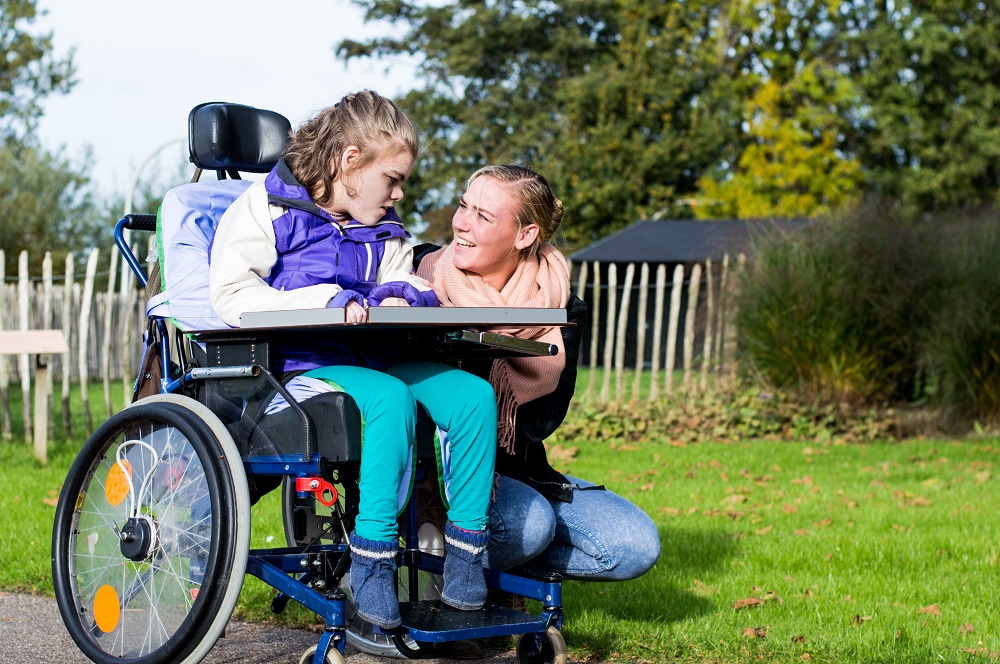Through examples such as Franklin Roosevelt, Stephen Hawking, Frida Kahlo and Helen Keller, history has proven that people with disability have the potential to enjoy successful careers and make great contributions to any field.
So as each year unfolds, many scientists and engineers contribute to breakthroughs that can improve the lives of people who deal with various forms of disability. Smart glasses help those who are recovering from a stroke or have a degenerative eye condition. Bionic exoskeletons or similar robotic wearables can provide better mobility to those who are paralysed or injured.
Yet the biggest challenge a person with a disability has to overcome may not be their actual condition, but the limitations or exclusion imposed upon them by others in society. Changing these attitudes has to start with the individual, and here are some effective ways through which you can be more considerate of people with disabilities.
Pay close attention
If you’ve ever spent some time interacting with a disabled person, chances are you’ve noticed that they can often perform a remarkable number of tasks without assistance. Before you step in to provide unsolicited, well-intentioned aid, do yourself and the disabled individual a favour and pay closer attention to them, without being intrusive or impolite.
Are they actually in need of assistance? The nature of their condition may be different from your preconceived expectations. Blindness, for instance, can affect people to varying degrees. When in doubt, remember to ask, rather than assume. Seek their permission before you help. This avoids offending them and helps prevent accidental contamination of a disabled person’s belongings.
Communicate mindfully

Each disabled person is disabled in their own way. Paraphrasing Tolstoy’s famous line about happy families in Anna Karenina provides some reference for understanding how non-disabled people can struggle to see the great diversity of persons with disability.
If you don’t have to deal with a disability every day, you tend to take for granted the normal functioning of the various aspects of the body. This can lead to inconsiderate use of words or communication in general when you interact with a disabled person. Thus, it’s vital to be more mindful and effective in your communications and to work on this particular skill. Listen actively, and adjust to their level, use of language, pace and tone. Someone with a visual impairment, for instance, might need you to be a lot more descriptive than usual when giving instructions or directions.
Develop genuine empathy
Saying that you understand someone and walking in their shoes can be two different things. You can easily get a demonstration of the former by calling the average customer service number, for instance. The difference between a scripted response and a true understanding of a person’s situation is empathy. It allows you to view everyday interactions through a personal lens. A deep level of empathy for someone with a disability will help you constantly consider their circumstances, rather than only those of the majority. By applying this skill regularly, more people will make decisions and take steps to make our world a more inclusive place for persons with disability.
Anyone can relate to the experience of being left out or not considered as part of a group’s decisions. We can all improve our society by taking these steps as individuals to be more considerate, attentive and communicative with others who must overcome disability in their everyday lives.

